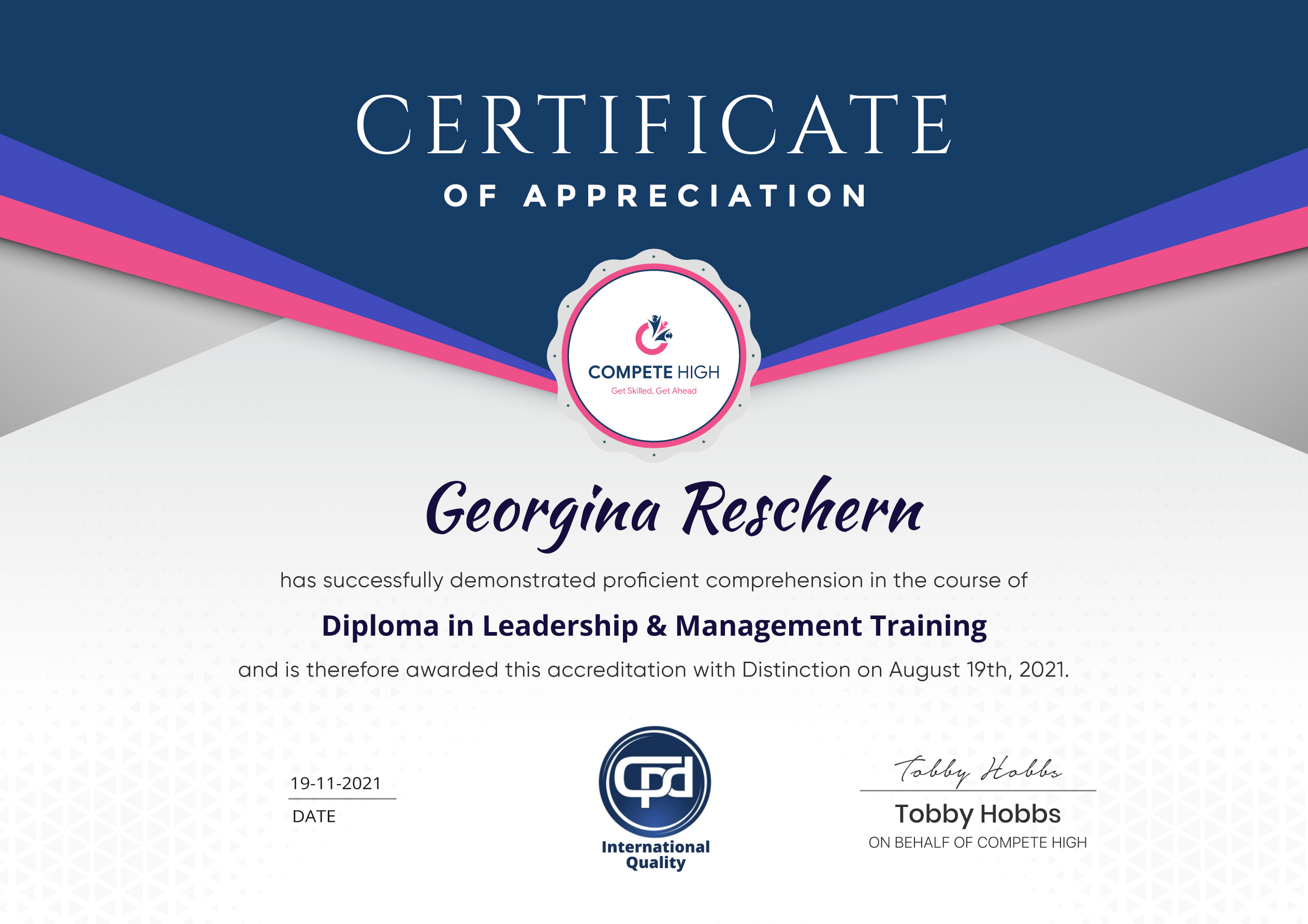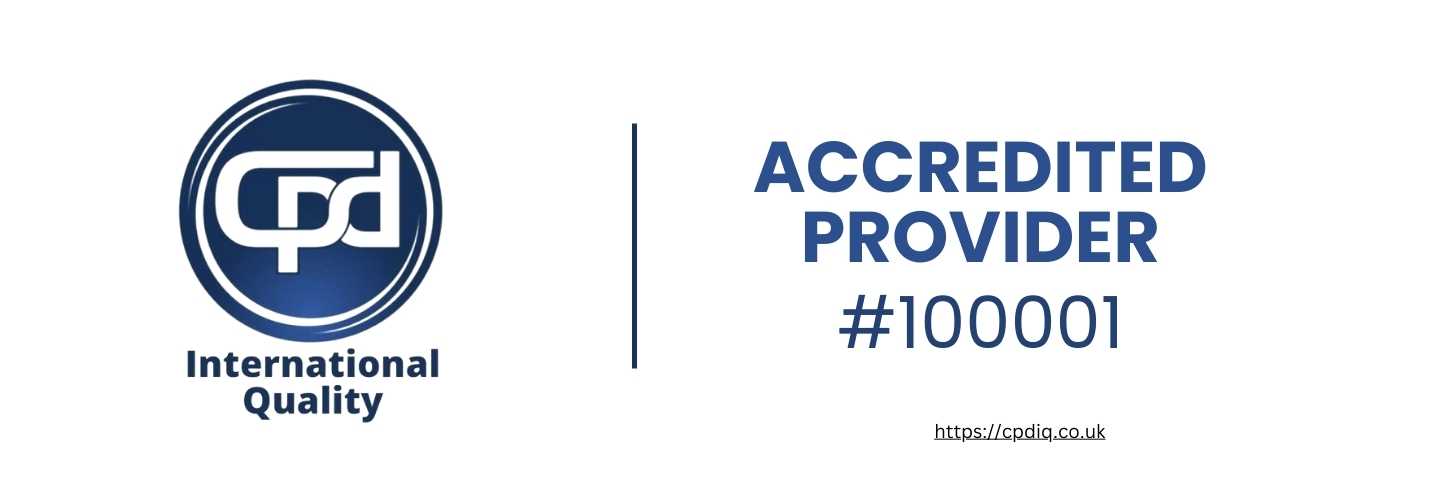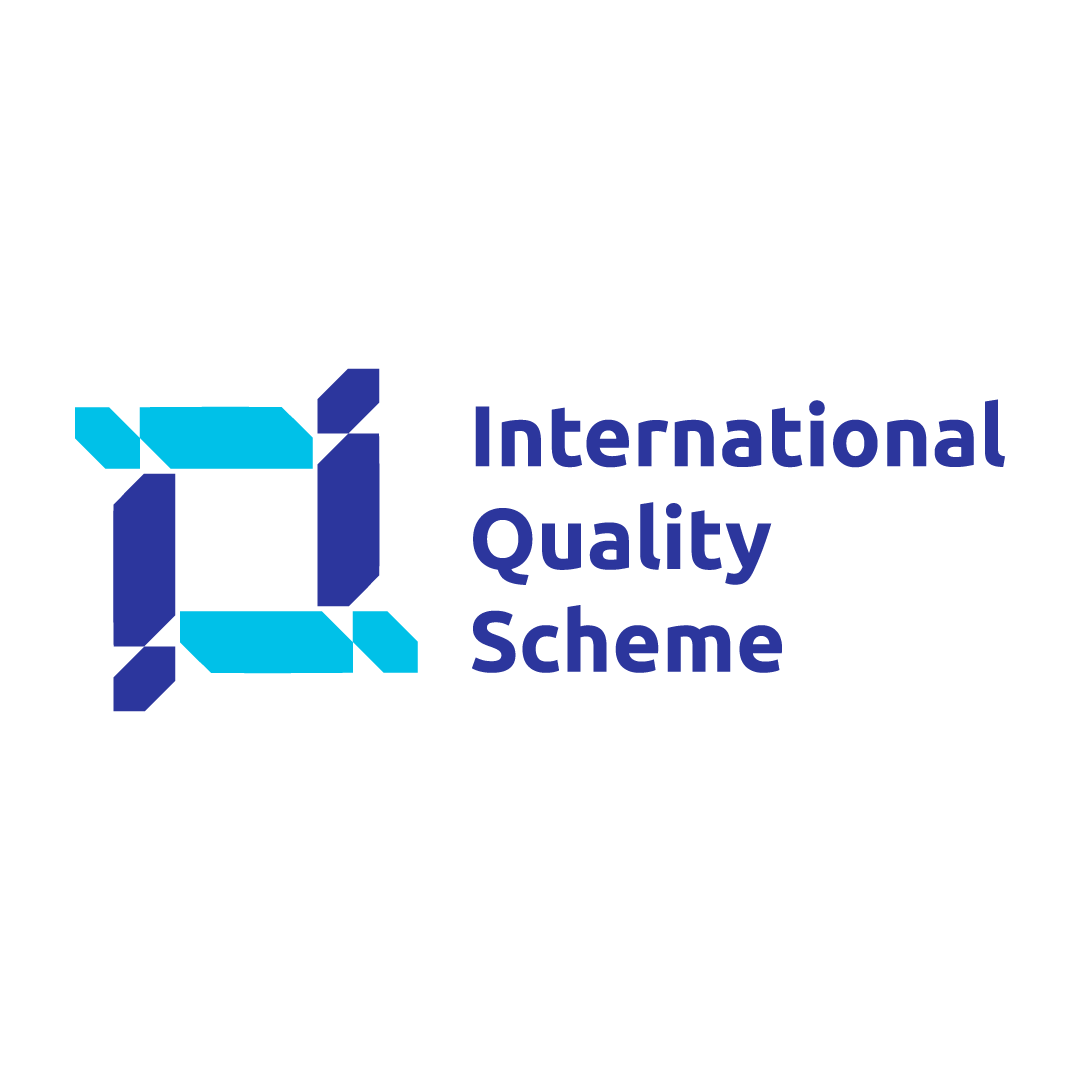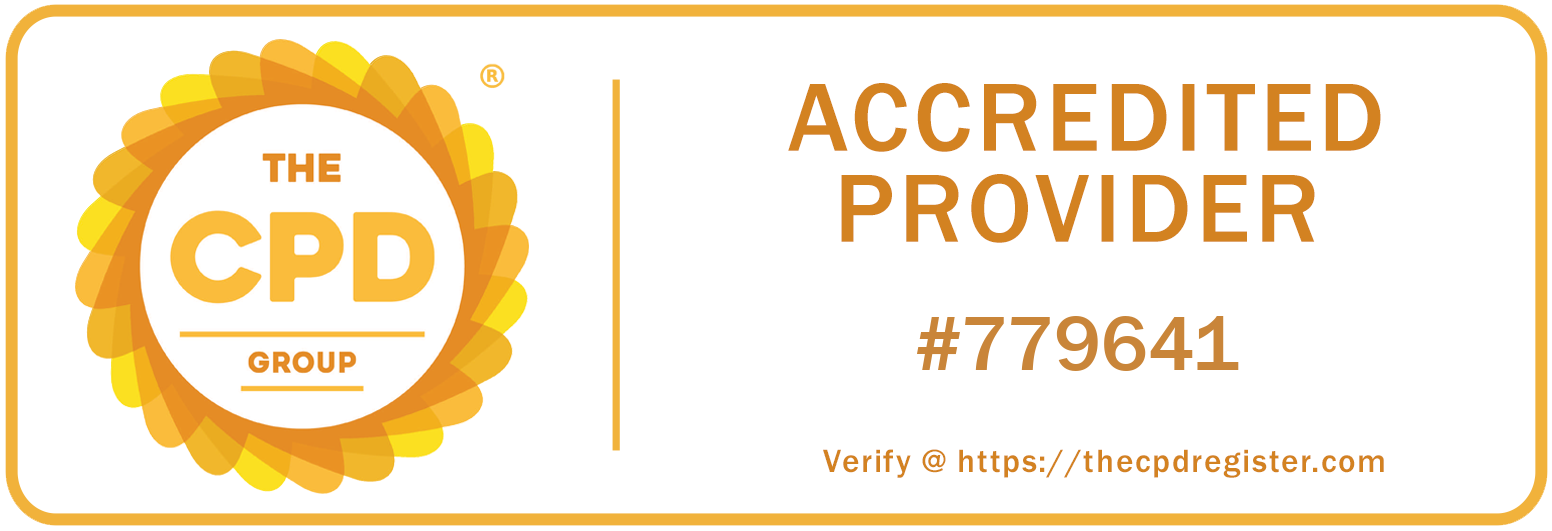Software Testing
BLACK FRIDAY SPECIAL! 1500+ COURSES AT ONLY £99 FOR LIFE. FIND OUT MORE
Software Testing
🚀 Unlock the Power of Quality Assurance with Our Software Testing Course! 🚀
Are you ready to take your career in the tech industry to new heights? Dive into the world of software testing and equip yourself with the essential skills needed to ensure top-notch quality in every digital product! Our comprehensive Software Testing course is your gateway to mastering the art of detecting bugs, ensuring functionality, and delivering seamless user experiences.
Why Software Testing Matters?
In today’s fast-paced digital landscape, flawless software performance is non-negotiable. Every glitch, bug, or malfunction can cost a company its reputation, customers, and revenue. That’s where software testing comes into play. By meticulously examining code, analyzing system functionalities, and running rigorous tests, software testers play a crucial role in identifying and rectifying issues before they escalate.
Benefits of Our Software Testing Course
- Stay Ahead of the Curve: In an industry that’s constantly evolving, staying stagnant is not an option. Our course provides you with the latest techniques, tools, and methodologies in software testing, ensuring you’re always ahead of the curve.
- Enhance Product Quality: Become the guardian of quality by learning how to conduct thorough tests that identify even the most elusive bugs. With your expertise, you’ll contribute to the creation of robust, reliable software that delights users.
- Boost Employability: Employers are constantly on the lookout for skilled software testers who can ensure their products meet the highest standards. By completing our course, you’ll enhance your employability and open doors to exciting career opportunities.
- Save Time and Resources: Catching bugs early in the development process saves both time and resources. Our course teaches you how to implement efficient testing strategies, helping companies streamline their workflows and minimize costly rework.
- Earn Recognition and Respect: As a proficient software tester, you’ll earn the respect of your peers and recognition from industry leaders. Your ability to deliver flawless software solutions will position you as a valuable asset in any organization.
Who is This For?
Our Software Testing course is perfect for:
- Aspiring QA Engineers
- Software Developers looking to expand their skillset
- IT Professionals interested in quality assurance
- Students pursuing a career in technology
- Anyone passionate about ensuring top-notch software quality
No matter your background or experience level, if you’re eager to dive into the world of software testing, this course is for you!
Career Path
Upon completing our Software Testing course, you’ll be well-equipped to pursue a variety of exciting career paths, including:
- Quality Assurance Engineer: As a QA engineer, you’ll be responsible for ensuring that software products meet the highest quality standards. You’ll design and execute tests, identify defects, and collaborate with developers to resolve issues.
- Test Automation Engineer: Automation is becoming increasingly essential in software testing. As a test automation engineer, you’ll leverage tools and scripts to automate repetitive testing tasks, improving efficiency and accuracy.
- Software Development Engineer in Test (SDET): SDETs combine development and testing skills to create robust testing frameworks and tools. They play a crucial role in ensuring the reliability and scalability of software systems.
- Quality Assurance Manager: With experience and expertise, you could advance to a managerial role overseeing QA teams and processes. Quality assurance managers are responsible for setting testing standards, optimizing workflows, and ensuring the overall quality of deliverables.
Don’t Miss Out on This Opportunity!
Are you ready to embark on an exciting journey into the world of software testing? Enroll in our Software Testing course today and unlock the door to a rewarding career in quality assurance. Join thousands of satisfied students who have transformed their careers with our comprehensive training program. Don’t wait – secure your future in tech today!
FAQ (Frequently Asked Questions) – Software Testing
Q1: What is software testing, and why is it important?
Software testing is the process of evaluating a software application or system to ensure that it meets specified requirements and works as expected. It involves executing a program or system with the intent of finding errors or bugs and verifying that the software meets its quality and performance objectives.
Testing is crucial for several reasons:
- It helps identify and fix defects or bugs early in the development process, reducing the cost of fixing issues later.
- It ensures that the software meets user requirements and expectations, enhancing user satisfaction.
- Testing improves the reliability, usability, and performance of software applications, thereby increasing their overall quality.
- It helps build confidence in the software’s correctness and functionality, leading to better adoption and success in the market.
Q2: What are the different types of software testing?
There are various types of software testing, each serving different purposes and objectives:
- Unit Testing: Tests individual components or modules to ensure they function correctly in isolation.
- Integration Testing: Verifies that multiple components work together as expected when integrated.
- System Testing: Evaluates the entire system’s functionality and performance in the context of the intended environment.
- Acceptance Testing: Validates that the software meets user requirements and is ready for deployment.
- Regression Testing: Ensures that changes or updates to the software do not adversely affect existing functionality.
- Performance Testing: Evaluates the software’s responsiveness, scalability, and stability under different workload conditions.
- Security Testing: Identifies vulnerabilities and weaknesses in the software to prevent unauthorized access or data breaches.
Q3: When should testing be performed in the software development lifecycle?
Testing should be integrated into the software development lifecycle from the early stages and conducted iteratively throughout the process. Ideally, testing starts as soon as individual components or modules are developed and continues through integration, system development, and acceptance testing phases. Iterative testing allows for early detection and resolution of issues, reducing the risk of defects accumulating and impacting the final product.
Q4: What are some common challenges in software testing?
- Incomplete or unclear requirements: Lack of clear specifications can make it challenging to determine what to test.
- Time and resource constraints: Limited time and resources may restrict the extent of testing that can be performed.
- Changing requirements: Frequent changes in requirements can lead to scope creep and require retesting.
- Complexity of software: Testing complex systems with intricate dependencies can be challenging and time-consuming.
- Test environment setup: Creating and maintaining test environments that mimic production can be complex and costly.
- Effective communication: Ensuring clear communication among stakeholders, developers, and testers is essential for successful testing.
Extra Included :
Accredited Certificate Available
Unlimited Access and Retakes
Free Enrollment Letter Included
CPD International Quality Accredited
Meets UK & EU legal requirements
Instant e-certificate and eligibility of ordering hardcopy
Developed by Industry Experts
Learn anytime from anywhere
Use any internet-connected device
24/7 Live Support
Discounts on bulk purchases
Certification
Perfect for showcasing your skills, boosting your career, and enhancing your professional profile.
Choose the format that works best for you:
-
PDF Certificate (£9.99) – Download instantly to add to your portfolio, résumé, LinkedIn, or share on social media.
-
Printed Hard Copy (£29.99) – A beautifully designed certificate delivered to your door, ready to proudly display in your office or home.
-
Both PDF & Printed Hard Copy (£31.99) – Get the best of both worlds!

Anyone that is looking to develop their skills in the subjects of the course or improve their professional outcomes are welcome to take these courses.
Our courses are assured and accredited by several organisations including CPD IQ, IOAS, CPD Group, and more. All of our courses are CPD accredited.
You are eligible for a course certificate upon completion. In some cases, you will need to purchase the certificate. In the purchase details, you will need to include the course details. Or you could also go to this link and submit your details after purchase.
There are all kinds of contents you can find on our site. This includes PDF files, videos, and extra materials. Also, most courses come with assessments that you will need to complete.
All you have to do is buy the course. This means that you have to add the course to cart and then complete the steps to purchase. Once you have completed the purchase, you can find it in your user dashboard.
Course Contents
Course Content
Module 1 Introduction to Software Engineering
-
Introduction to Software Engineering
00:00
Module 2 Software Design Principles and Testing
Module 3 Software Maintenance and Evolution
Module 4 Software Project Management
Module 5 Software Configuration Management
Module 6 Software Project Metrics and Measurement
Student Ratings & Reviews

Want to receive push notifications for all major on-site activities?












